Asking without Anguish
by Paul Jolly
 Paul Jolly (www.jumpstartgrowth.com) worked as a fund raising professional for over 20 years before starting the consulting firm Jump Start Growth. He began his career serving various Quaker institutions, then moved to The Wilderness Society, and then the American Civil Liberties Union of Maryland. In every instance, he has zeroed in on gifts from individuals at the top of the giving pyramid. The focus of Paul’s consulting work is bringing sophisticated major gifts fund raising practices to organizations that are outside of the philanthropic mainstream. His successes include leading three capital campaigns for organizations new to major gifts fund raising, securing millions of dollars in bequest and planned gift commitments, and bringing a laser-sharp focus on donors and increased vitality to small development departments. His essays have been published numerous times on the Guidestar and Asking Matters blogs, and he is a popular workshop leader.
Paul Jolly (www.jumpstartgrowth.com) worked as a fund raising professional for over 20 years before starting the consulting firm Jump Start Growth. He began his career serving various Quaker institutions, then moved to The Wilderness Society, and then the American Civil Liberties Union of Maryland. In every instance, he has zeroed in on gifts from individuals at the top of the giving pyramid. The focus of Paul’s consulting work is bringing sophisticated major gifts fund raising practices to organizations that are outside of the philanthropic mainstream. His successes include leading three capital campaigns for organizations new to major gifts fund raising, securing millions of dollars in bequest and planned gift commitments, and bringing a laser-sharp focus on donors and increased vitality to small development departments. His essays have been published numerous times on the Guidestar and Asking Matters blogs, and he is a popular workshop leader.
All of us, even seasoned solicitors, get nervous before a face–to-face solicitation. But experts know how to channel that adrenaline surge into their preparation for the big meeting. Here are some tips for getting your mind in the right place.
• Give first yourself. Generously. Any prospect can tell the difference between “this is an organization I support and I want you to join me” and “I don’t give a nickel but I thought you might want to.” (This is imperative for board members and other volunteers; for staff it is not essential but very impressive to the solicitee.)
• Know the donor’s interests. Why does the donor support the organization? Don’t assume you know the answer if you haven’t heard it in the donor’s own words. Even if you have heard it from the donor, it is a good idea to ask for amplification.
• Know the right amount and why it is right. There are many ways to zero in on the ask amount. You can say, “I would like you to consider a gift of X.” You can couch this in terms of the cost of a program. Or in terms of your own gift. Or in terms of the number of gifts you need at different levels. The variations are almost endless.
• Your job is to extend the invitation to give. The donor’s job is to decide how to respond. Don’t confuse yourself by trying to anticipate what the donor will answer.
• Listen more than you speak. It takes about three minutes to solicit a gift. Assuming you have an hour for the meeting, you should let the donor speak for most of the other fifty-seven minutes.
• Be yourself. Deviate from the “talking points” and speak from the heart.
• Prepare to hear the donor say no. And find out what it means. In many cases, a “no” really means “not yet.”
Be yourself. Deviate from the “talking points” and speak from the heart.
If you follow these suggestions, it won’t cure the butterflies-in-the-stomach sensation. But the right mindset changes that sensation. At the beginning, the message from the butterflies sounds like, “Stop! Don’t pick up that phone! You really have to reorganize your files right now! You don’t want to be rejected, do you?” Sooner or later, if you keep practicing, the butterflies will be start saying things that sound more like, “This conversation is really important to the donor, to the organization, and to me. Even though I can’t control the donor’s answer, I can control how well I ask the question. I want to be as prepared, as focused, as attentive as I can.”




